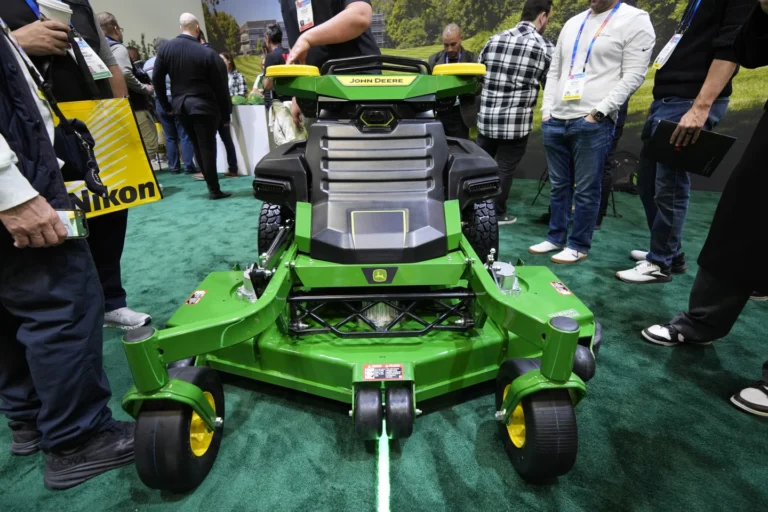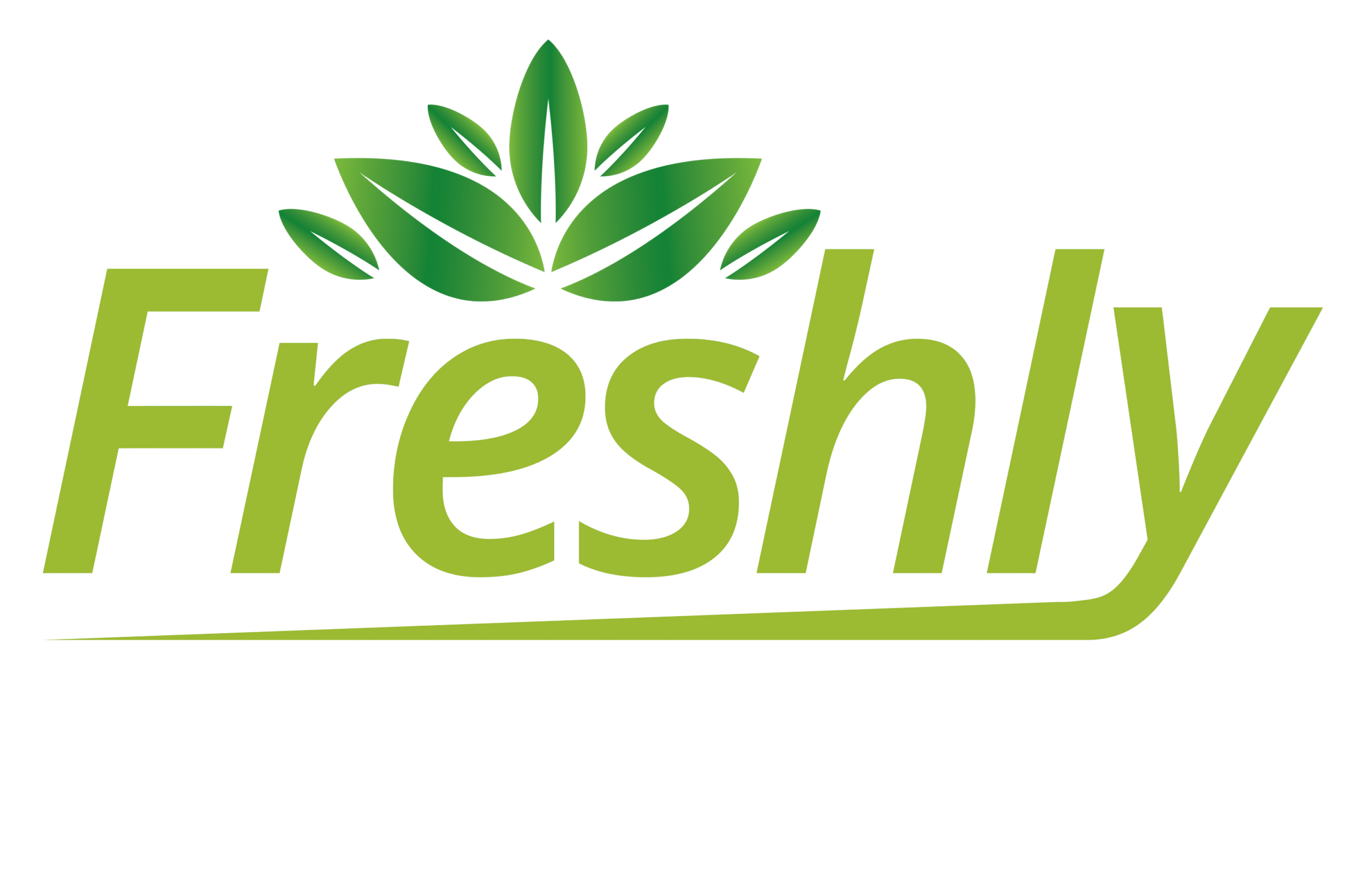
Overview:
From greenhouses with AI climate control to blockchain for crop traceability, these are the five tech trends transforming farming in 2025.
In This Article:
- Interview with engineers behind solar irrigation tech in rural Dohuk
- How smart fertilization sensors reduce waste and boost yield
- Mobile platforms connecting farmers to real-time data
- The role of agri-drones in pest management and mapping
Key Insight:
Kurdistan’s next generation of agri-leaders are coding, not just cultivating.
About The Article
Top 5 Agricultural Tech Innovations of 2025
Innovation Meets the Soil: Farming’s Digital Revolution
In 2025, the fusion of agriculture and technology isn’t just a trend—it’s a turning point. From small family farms to high-tech cooperatives, Kurdistan’s agricultural sector is embracing innovation like never before. The result? Higher yields, less waste, and smarter decisions—all driven by cutting-edge tools tailored for real-world challenges.
This article highlights the top five agri-tech innovations transforming Kurdish farming this year.
Solar-Powered Irrigation Systems in Rural Duhok
In remote areas where electricity access is limited or costly, solar energy is powering progress. This year, engineers and farmers collaborated to:
- Install solar pumps and controllers on more than 70 farms
- Reduce irrigation energy costs by up to 60%
- Provide 24/7 water access, even during summer drought periods
This shift toward renewables is not only making farms greener—it’s making them more resilient to climate change and fuel price spikes.
Smart Fertilization Sensors & Soil Analytics
Precision farming has gone mainstream. Affordable smart sensors now allow farmers to:
- Monitor soil pH, moisture, and nutrient levels in real time
- Adjust fertilizer application based on plant needs—cutting waste by 30%
- Prevent overuse that leads to soil exhaustion or runoff pollution
Freshly Company has partnered with local agronomists to provide free sensor training, making this tech accessible to even small-scale growers.
Mobile Agri-Dashboards for Field Decisions
Developed by a Kurdish tech collective, new mobile apps are letting farmers:
- Track planting and harvest schedules
- Receive alerts for frost, pests, or disease outbreaks
- Access localized market pricing and government subsidy updates
These dashboards are helping farmers replace guesswork with data-informed decision-making—and it’s paying off in profits.
Drone-Based Crop Monitoring & Mapping
Agri-drones are no longer a novelty—they’re now part of the farming routine. In 2025, dozens of cooperatives and private farms are using drones to:
- Perform multispectral imaging to detect crop stress before the eye can see
- Map large fields in minutes, saving labor and fuel
- Spray targeted treatments only where needed, reducing chemical use
Drone operator certification is now offered at multiple vocational schools, ensuring skilled operators are ready to fly.
Blockchain for Crop Traceability
Food safety and transparency are becoming vital in both domestic and export markets. Kurdish producers are using blockchain platforms to:
- Trace produce from field to market
- Secure proof-of-origin for organic and fair-trade certifications
- Attract buyers seeking verified, high-quality grain and vegetables
This tech is building trust with buyers and opening new market opportunities, especially in Europe and the Gulf.
A New Generation Leading the Way
Key Insight:
The future of farming in Kurdistan is being shaped by coders, engineers, and agronomists—often working side-by-side with traditional growers. This convergence of local knowledge and global tech is redefining what it means to be a farmer in the 21st century.
With ongoing training, accessible tools, and regional investment, Kurdistan is fast becoming a hub of smart, sustainable agriculture.
